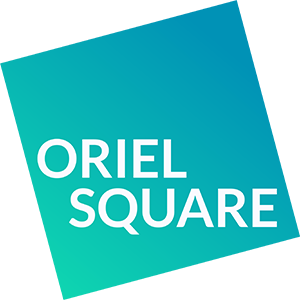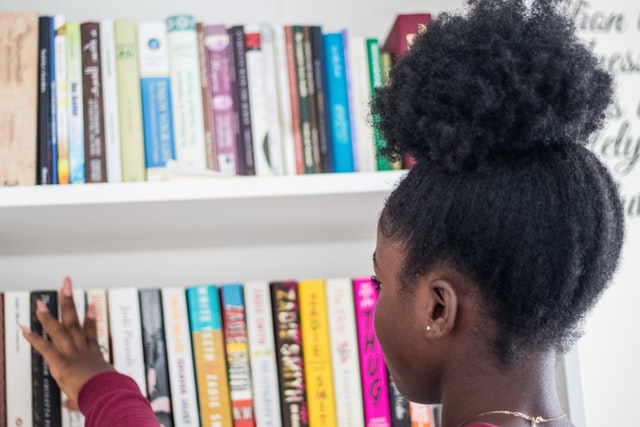Co-edited by Claire Dobson
Research shows that existing social and economic gaps have widened during the pandemic, disproportionately impacting communities of colour and people from disadvantaged socio-economic backgrounds. Intersectional representation in all areas of education is vital.
Closing the gap
One way to contribute actively towards reducing socio-economic disparities is to ensure positive representation of people from diverse backgrounds. In order to end the harmful erasure of minority groups, we must focus on the authentic and diverse representation of all people, whether that is in a book or a business.
Diversity and inclusion are only part of the conversation
To ensure that diverse cultures are truthfully represented, we must start by amplifying those voices during the creation process. Authentic representation is not just about what is being represented, but also who is creating it.
Authentic representation is not just about what is being represented, but also who is creating it.
How is Oriel Square committed to diversity and inclusion?
Here at Oriel Square, we are committed to supporting authentic and intersectional representation. I recently interviewed my senior colleagues at Oriel Square about how the business is actively working towards this goal.
Sam Derby, Director: Authentic representation starts with the team
As part of our international work, Sam worked on an IGCSE First Language project with a diverse range of authors, editors and reviewers from Malaysia. The team needed to ensure everything from texts to artwork were designed for a Malay audience and so ensuring the team were Malay or based in Malaysia was the best way to do that.
John Deans, Director: Diversity in creative roles would help make school resources more engaging, useful and representative
John believes that the most urgent thing to address in the educational publishing industry specifically is to make the output more engaging, useful and representative for those kids who have been under-represented. By diversifying the perspectives of the people who produce this output – particularly in creative roles – you provide relatable experiences for learners and improve the authentic representation of people from diverse backgrounds.
To make diversity authentic in a product, it must be part of the product creation from the very start.
Claire Gilbert, Head of People & Operations: Inclusivity is key to widening access
Claire is committed to widening access to the publishing industry and reflects this in her approach to recruitment. That might be through recruiting an apprentice and supporting them to achieve a valuable qualification, committing to developing the skills and knowledge of all staff, or taking steps to remove unconscious bias from the screening process.
For one active role, Oriel Square has used a blind recruitment process, inspired by the recruitment practice at Koru Kids. Rather than requesting a CV, we asked candidates to answer questions that relate to the specific skills needed to do the job well. These answers were then judged without any accompanying personal information. Claire expects to continue researching and trialling new approaches, so that we can establish the most effective and accessible hiring process.
Diversifying the curriculum
Authentic and diverse representation aims to equip young people with a sense of identity and belonging. The first black woman to win the Booker Prize, Bernardine Evaristo, described the need for better representation in publishing in a recent report pitched as a “clarion call” to an industry that “hasn’t changed fast enough to become more inclusive”.
There is also the misguided belief, still in the 21st century, that Black and Asian people are not considered to be a substantial readership, or to even be readers. I hope that those who need to read this report pay attention to its recommendations on target audiences, notions of quality, and partnerships for change.
Bernardine Evaristo, Forward to Rethinking “Diversity” in Publishing
Teaching
Authentic and diverse representation aims to equip young people with a sense of identity and belonging.
Valuable initiatives like The Black Curriculum are facilitating change in education and calling for history curricula to cover Britain’s colonial past more extensively. Working with people from diverse backgrounds to produce, resource and deliver such a curriculum can help ensure that it doesn’t further contribute to the erasure of Black, Asian, or ethnic histories.
Reading
In literature too, young people of colour aren’t adequately represented in the books that are taught in school. Thankfully, calls to diversify the curriculum are being heard, resulting in books such as Evaristo’s Girl, Woman, Other being included as set texts at A-Level.
Inspiring
Diversifying the curriculum means that young people are more likely to see themselves represented, which can have a powerful effect on an individual’s aspirations. If a book or TV show only has tokenistic representation of a minority group, a child from that background may feel limited to fit that representation. If a class made of primarily black students has only white teachers, then that path may not appear as an option for them.

